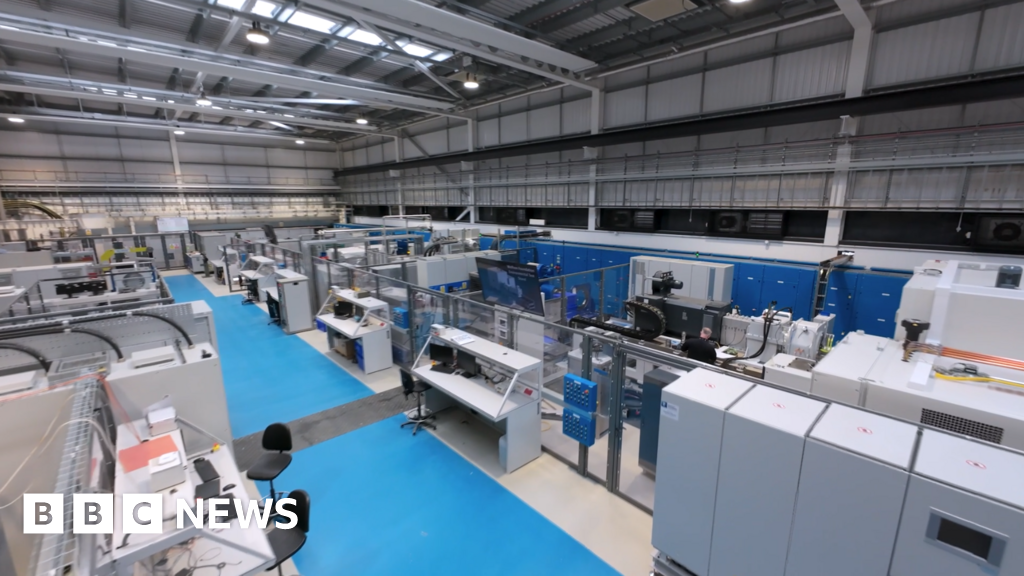University of Nottingham Embarks on £5.3m Project for Greener Air Travel Innovation
Key Ideas
- The University of Nottingham has initiated a £5.3m project to develop a cryogenic hydrogen-electric system for greener air travel.
- Scientists at the university will create a 2MW prototype engine utilizing hydrogen fuel cells and low-temperature power distribution.
- The project aims to push the boundaries of technology to achieve net zero air travel and foster economic growth in the East Midlands through green industries.
- Announced at Farnborough International Airshow 2024, the initiative will utilize the university's new hydrogen propulsion systems facility.
The University of Nottingham has embarked on a £5.3m research project aimed at revolutionizing air travel by developing a cryogenic hydrogen-electric system. Led by GKN Aerospace, the project, named H2FlyGHT, envisions a greener future for aviation. Scientists at the university will work on creating a 2MW prototype engine that integrates cutting-edge technologies like hydrogen fuel cells and power distribution at extremely low temperatures. Prof Chris Gerada expressed optimism about achieving net zero air travel, emphasizing the need to push technological boundaries. The university's new hydrogen propulsion systems facility, equipped with a cryogenics lab and altitude environment chamber, will serve as the hub for innovation. This initiative not only paves the way for sustainable aviation but also aims to boost economic prosperity in the East Midlands by supporting green industries and advanced manufacturing. The announcement of this groundbreaking project was made at the Farnborough International Airshow 2024, marking a significant step towards a more sustainable future for air travel.
